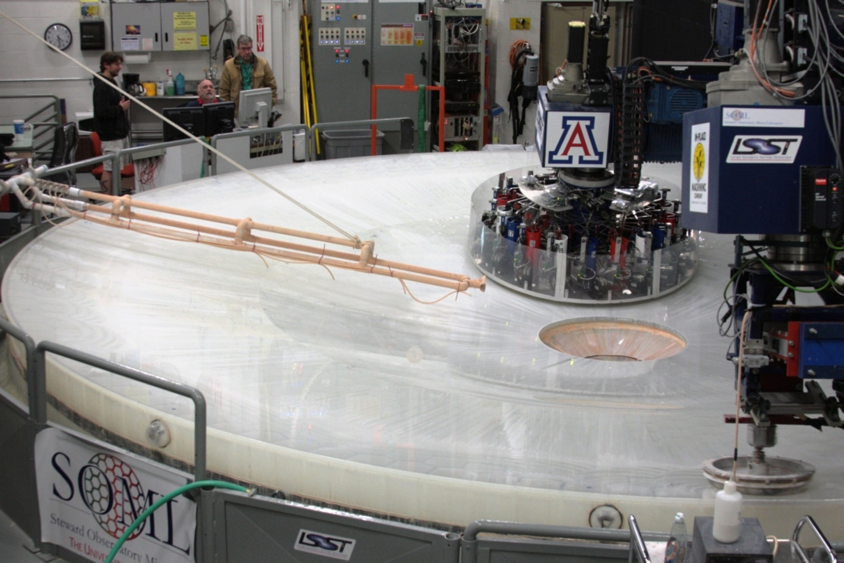One of the unique challenges of having a physical disability is finding suitable housing. It is a challenge that Helen Wheels knows all too well.
Wheels, 48, has a rare disease called hereditary spastic paraplegia and uses a wheelchair to get around.
A significant issue facing many disabled people her age is that they do not have family to rely on for housing and do not have anywhere to live, Wheels said. For the past year, she has been searching for a wheelchair-adaptive home, apartment or assisted living. There are many disabled people on waiting lists, including Wheels.
“”I am severely disabled and I don’t have family, so I need to set up financial things to protect myself as I get worse and die,”” she said.
To help combat this challenge, the UA College of Medicine’s Sonoran University Center for Excellence in Developmental Disabilities, has held a series of six workshops, which will end with the final workshop today from 2 p.m. to 4 p.m. The workshop will be in the Herbert K. Abrams Public Health Center in room 2102.
The workshop, “”Creating Real Homes for People with Disabilities,”” will also have a video conference that airs in Phoenix, Flagstaff, Yuma and Sierra Vista.
“”It will be a lot of information and strategies, particularly for families who have family members with developmental disabilities, to look at how they can create housing that responds to their needs,”” said Leslie Cohen, the director of the UA center.
Wheels said she wants a home that is approximately 900 square feet because she has found that she needs more space than she has now.
“”When your bottom is stuck in a wheelchair you actually need a little bit more room, not less,”” Wheels said. “”So they try to put us in 500 square feet and wonder why we can’t have a life.””
There is not always room to have furniture or even get around the bed, she said. She wants to have a place for a washer and dryer rather than having to go “”clear across the compound.”” It is impossible to go through doors and carry a basket without spilling the clean clothes, Wheels said.
The informational workshop discusses finances, housing location and accessibility. Families will also be talking about options they have explored for their disabled family members.
Wheels said it is the simple things, such as extra space to move and turn around, having counters that are low enough to access and bathrooms that are adapted, that so often get forgotten.
“”The realtors here in Tucson are so ignorant,”” Wheels said. “”I talked to the president twice and they got angry with me for pointing out the lack of literally adaptive housing.””
She said she tried explaining to them that disabled people just want to be able to do their own laundry, cook their own meals and have more room to move around.
“”All these people are making apartments, but nobody is looking into making them wheelchair adaptive,”” Wheels said. “”Not accessible, adaptive is the proper term.””
In Helen’s situation, it is hard to find an adaptive apartment, said Lynne Tomasa, the research coordinator for the UA Sonoran center and an assistant professor of family and community medicine.
Tomasa said housing is an important issue and it keeps people integrated in the community.
“”The whole goal is to allow individuals to have some quality of life,”” she said.








